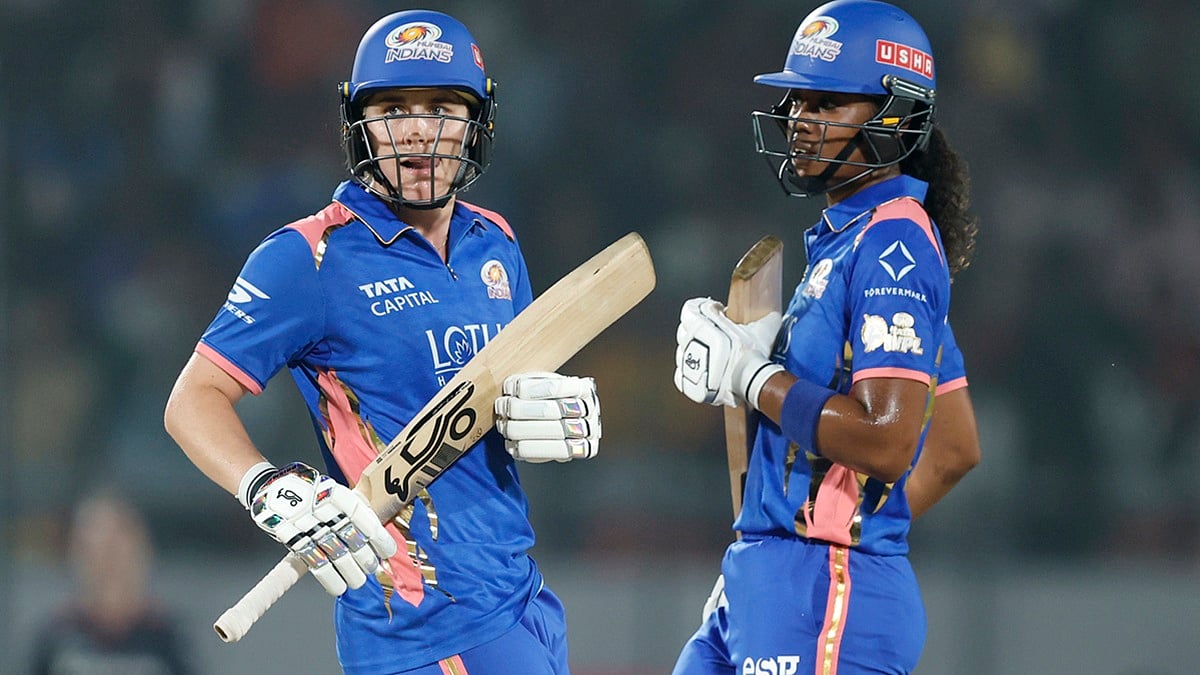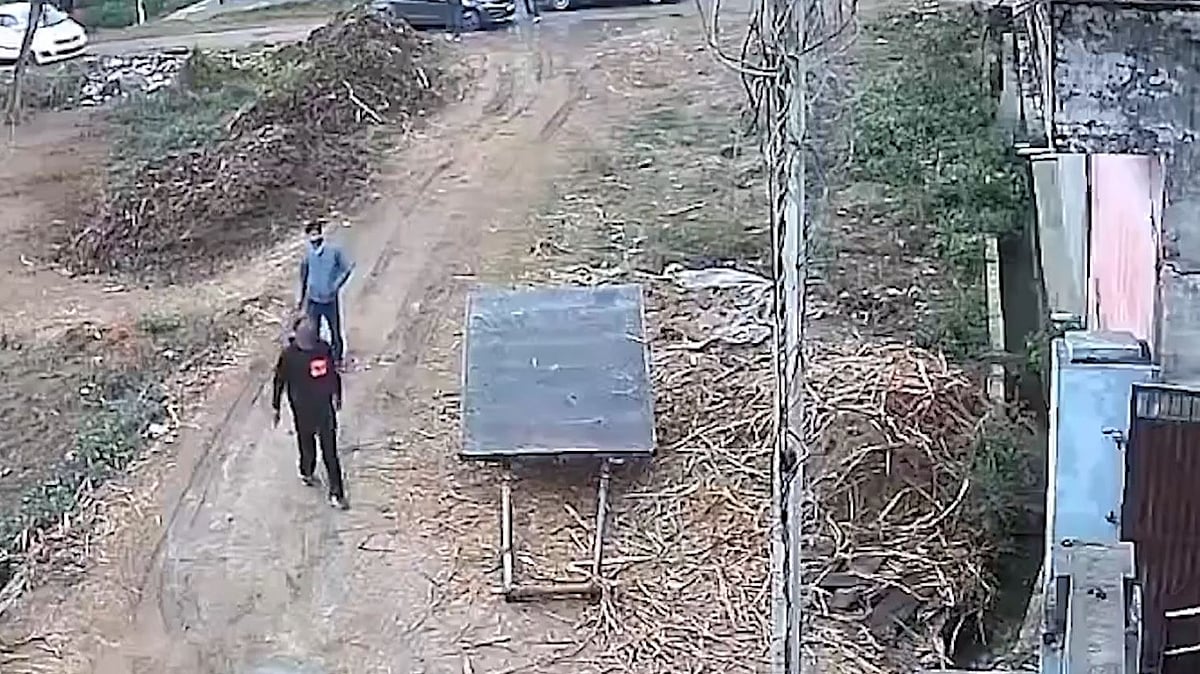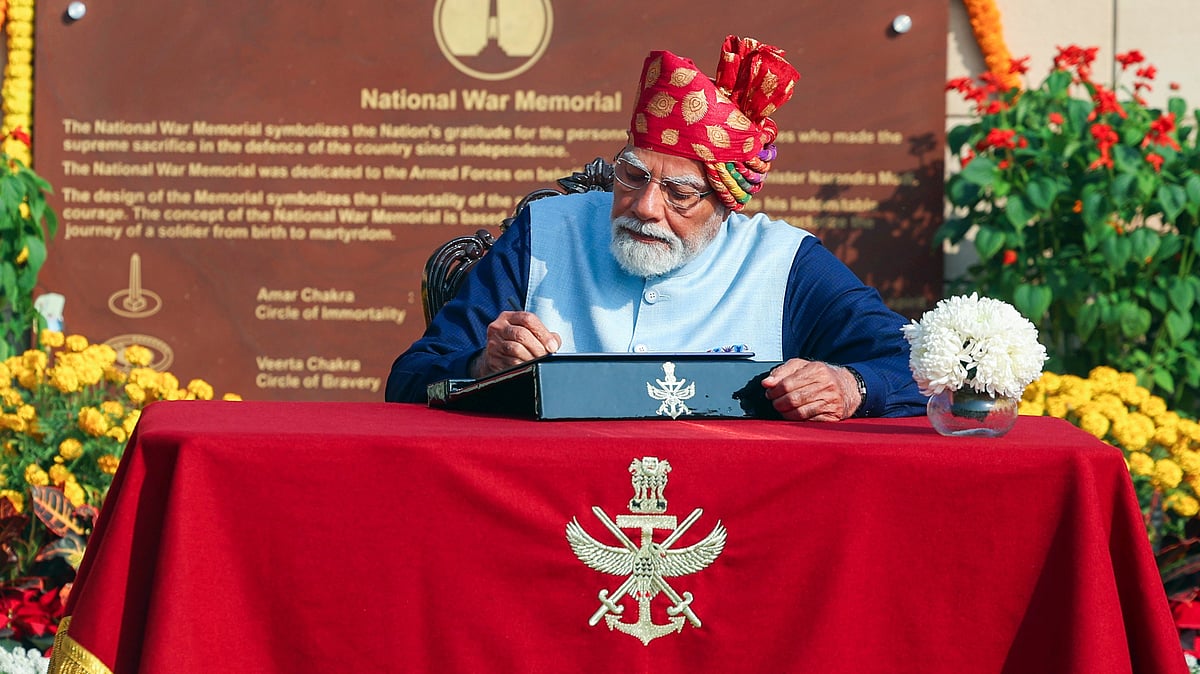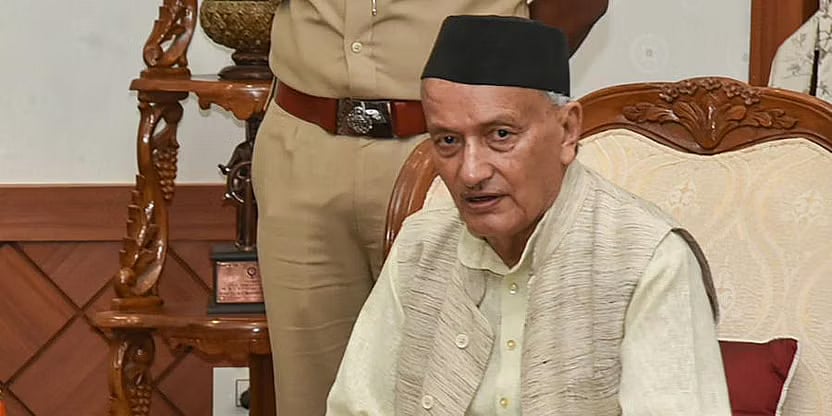On July 11, 2006, a series of seven bombs packed into pressure cookers and placed in bags, exploded on trains and stations during Mumbai’s after-work rush hour from the city’s financial district.
Over the 11-minute sequence of detonations, 189 people were killed, more than 800 were injured (though there are some reports that say 209 lives were actually lost,) and a wave of terror was felt across Mumbai and the rest of the country in the aftermath.
Indian police blame the attack, in which seven bombs exploded during the evening rush hour on a network that carries about 7 million passengers each day, on disaffected Muslims, encouraged by Islamist militants based in neighbouring Pakistan.
The attack was planned by Pakistan’s Inter-Services intelligence (ISI) agency, but the detonations were carried out by operatives of Lashkar-e-Taiba, a Pakistan-based militant group, and the Students’ Islamic Movement of India, a banned Indian group.
Relations between the arch-rivals have been soured by a dispute since independence over the Himalayan territory of Kashmir, and India frequently accuses Pakistan of harbouring terrorists and architects of attacks such as those in Mumbai.
A memorial service was held in Mumbai on 18 July at 6:25 pm local time — exactly one week after the blasts. President Abdul Kalam, his hand raised to his forehead in salute, led the two-minute silence as people lit candles and placed wreaths at Mahim station, one of the seven places on the suburban rail network hit by bombs. Sirens sounded across Mumbai marking the memorial service.
This Monday marked the 16th anniversary of the July 11, 2006 blasts or the 7/11 blasts.
Attacks on trains are extremely deadly
The bomb attacks on commuter trains in Mumbai, India, on 11 July are the most recent demonstration of the vulnerability of mass commuter rail transport to terrorism.
The co-ordinated attacks, in which multiple explosive devices detonated near-simultaneously, killing at least 183 people and injured hundreds more, further illustrated the clear interest among Islamist militant groups specifically in targeting rail transport to cause mass casualties.
However, other effects such as service degradation, long-term economic loss and a scare on the collective national and corporate psyche also combine to make rail networks attractive targets for such groups.
Analysis of postings on prominent Islamist militant websites and forums indicates that the publicity generated by events such as the 2004 Madrid rail bombings and the 2005 attacks on London's transport network have not been lost on followers of the global jihad.
In wake of the blasts, the Indian government tightened security in railway stations. Under new restrictions passed by the Ministry of Railways, non-passengers would no longer be allowed on the railway platforms after July 2006. Other major security steps include installation of close circuit televisions inside the stations for round-the-clock vigil and installation of metal detectors.
Perpetrators brought to justice
After the 2006 blasts, critics accused the Indian government of dragging its feet over Kashmir and not doing enough to stamp out terrorism and its support bases.
More recent efforts by the neighbours to revive a peace deal have been thwarted by persistent border tensions and controversy over whether to discuss Kashmir.
Controversy has dogged the investigation of the 2006 attacks, adding to delays in a trial which has dragged on eight years and featured testimony from about 200 witnesses.
Nine years after the bombing, 12 people were arrested. Five of the accused – Kamal Ahamed Ansari, Mohammed Faisal Shaikh, Ehtesham Siddiqui, Naveed Hussain Khan and Asif Khan – were sentenced to death over a year after the eight-year trial concluded.
The other seven – Tanvir Ahmed Ansari, Mohammad Majid Shafi, Shaikh Alam Shaikh, Mohd Sajid Ansari, Muzzammil Shaikh, Soheil Mehmood Shaikh and Zamir Ahmad Shaikh – were sentenced to life in prison.










